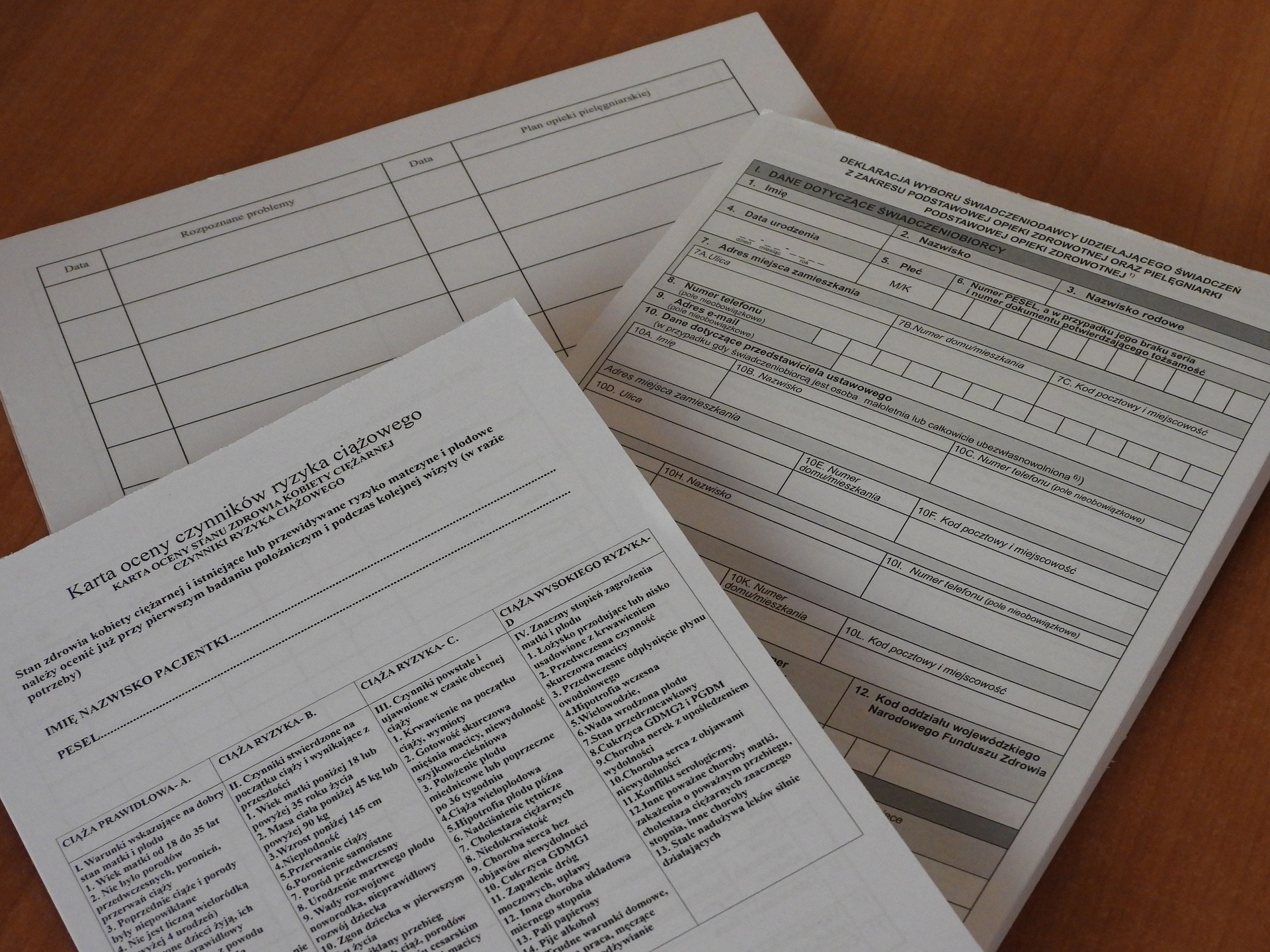Your First Appointment
Please arrive early so that we can complete your initial paperwork. Also, please bring the following:
- Patient’s insurance card
- List of current prescriptions and/or over-the-counter medication, including dose and frequency
- Information about patient’s medical and surgical history
- Recent test results, x-rays, or relevant records

New Patient Forms
Use the following links to download forms that may be necessary for your appointment. Please call if you need clarification about which forms are needed. For the ones you need to fill out, please print a copy and complete the form. Please bring all completed forms to your appointment.
[PDF/printable page help]
- The Woodlands: Click here to download all patient forms in one document [PDF]
- Tomball: Click here to download all patient forms in one document [PDF]

Hospital Affiliations
Dr. Sukin is credentialed at the following medical facilities:
- Houston Methodist the woodlands hospital
- St. Luke’s Community Medical center – The Woodlands
- Tomball Regional Hospital
- Methodist Willowbrook Hospital
- St. Luke’s Vintage Hospital
- Memorial Hermann – The Woodlands
- Surgical centers
- Memorial Hermann Surgery center, The Woodlands, TX

Insurance and Payment Information
Urology Specialists of Tomball – Urology Specialists of The Woodlands is a provider for Medicare and most major insurance plans, and provides insurance billing. You are responsible for co-payments or charges that are not covered by your insurance. If you have questions regarding billing or which insurance plans we accept, please contact us. Questions regarding insurance coverage and benefits should be directed to your employer or insurance company.

Prostate Cancer Information
Prostate cancer is the most common non-skin cancer in men and the third leading cause of male cancer deaths. Typically, prostate cancer is very slow growing, but sometimes the disease can grow and spread quickly. Even with the latest research, it is extremely difficult for doctors to know which men have a slow growing cancer and which have a cancer that will spread rapidly.
What are the Symptoms of Prostate Cancer?
The early stages of prostate cancer generally show few symptoms. When a tumor becomes more advanced, patients may experience
- A weak urinary stream
- Inability to urinate
- Interruption of urinary stream
- Frequent urination (especially at night)
- Pain or burning during urination
- Blood in urine

Who’s at Risk for Prostate Cancer?
- Men over the age of 40
- Known risk factors include age, race and family history
- African-American men have a higher incidence of prostate cancer than Caucasian or Asian men in the U.S.
Many physicians, as well as the American Cancer Society, recommend that all men over the age of 50 have a prostate-specific antigen (PSA) test regularly.

